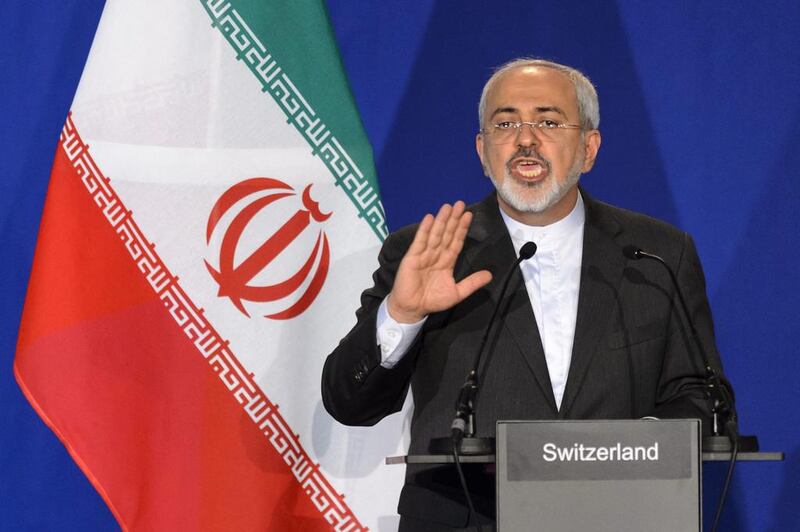There is an expression in Iran that appears particularly apt the week after the Lausanne agreement: “Praise a fair day at night”. It sounds more poetic in Farsi, but the idea is that something that starts positively can only be judged at its end. Today, that sentiment applies equally to the Arabs, the Iranians and the Americans.
Start with the Arabs. The signs from the capitals of the Arab world suggest that, for the moment, they are prepared to give this deal the benefit of the doubt. For sure, there are monumental hurdles in reaching a final compromise by June 30 – and there is deep scepticism, especially in the Gulf, that the agreement will pave the way for a better relationship between Iran and its neighbours. But, for now, the Middle East appears to be willing to wait and see.
The other reason for the reticence over the deal is that, frankly, the region is preoccupied. Yemen, Syria, Iraq. All of them are wrestling with serious problems that involve their neighbours. And in all of them, Iran’s hand can be detected. The deal over Iran’s nuclear programme is not happening in a vacuum. There is serious concern in the Middle East over Iran’s destabilising actions. And there is precious little goodwill to believe, as the US appears to want its Arab allies to do, that an Iran free of sanctions will be less – not more – inclined to throw its weight around.
In any case, any deal is far from done. While the US is trying to sell the Lausanne agreement to its allies, it is also having to sell it to hardliners back in Washington. The same applies in Iran. Both countries have troublemakers at home who would be determined to shoot down a deal, if they could. And if they were unable to do so, they would be prepared to argue loudly and forcefully that the other side is breaching conditions.
This is why even a deal by the end of June will not be the end of this process. Expect months of furious argument from American and Iranian politicians, saying that they gave up too much and gained too little. Some of those voices can already be heard.
So, the fair day has not yet ended. The framework agreement certainly went further than expected; if it leads to a deal, all sanctions on Iran will be lifted. That is to be welcomed: the Gulf has said repeatedly that it wishes to see an Iran that plays a positive, constructive role in the Middle East. As of now, that has not yet happened.





